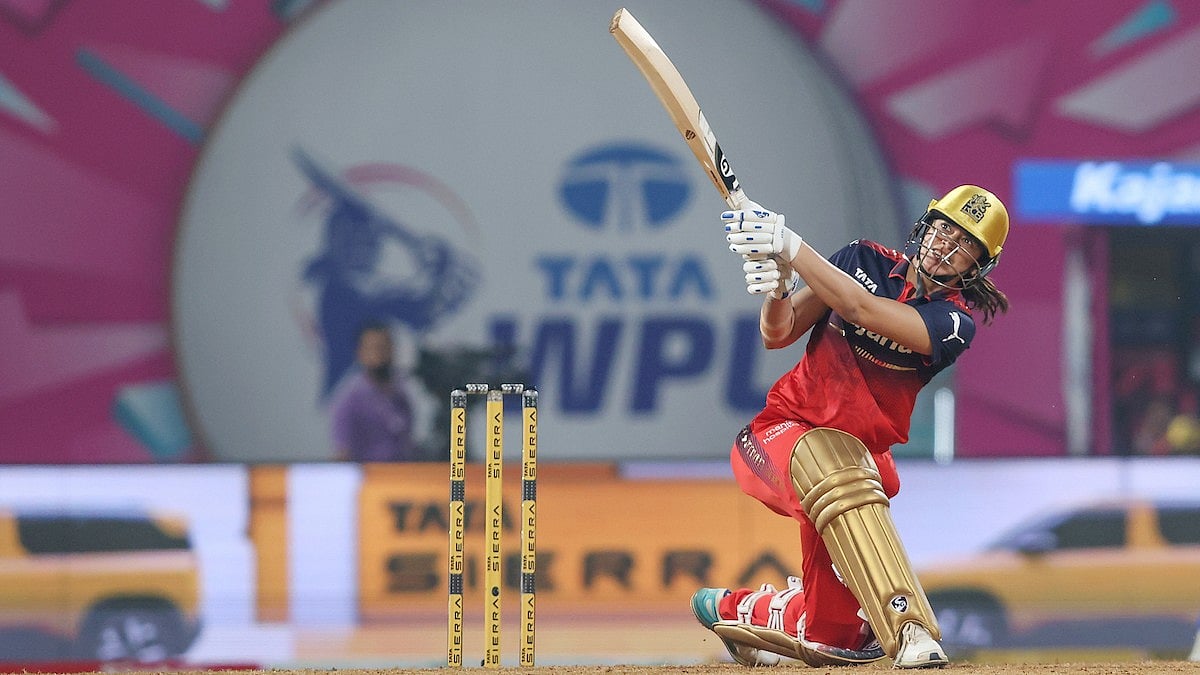The recent death of Anna Sebastian Perayil, a 26-year-old Chartered Accountant (CA) from Pune has sparked a concerning conversation about the work culture in India.
Perayil was employed at one of the biggest professional services companies in the world, Ernst & Young, EY. Her mother alleged that work-related stress contributed to her untimely death, prompting many to question: Are Indians overworked?
India's Long Working Hours
According to the report of International Labour Organisation (ILO), India ranks as one of the most overworked countries globally. As per the report, on an average, an Indian employee works 46.7 hours per week, which in comparison to other nations is relatively higher.
Moreover, a staggering 51 per cent of India's workforce clocks in 49 hours or more each placing the country in the second position globally for extending workings hours.

Representative Image/Canva |
Apart from all this, it is also quite interesting to note that despite having such longest working hours among the top 10 economies, India has one of the lowest per GDP figures. This also raises a various question such as: Is the relentless pursuit of productivity harming the workforce?
A Global Perspective - A look at the Data
United States - The average working hours are 38 hours per week.
China: The average working hours weekly stood at 46.1 hours.
Canada: The lowest among major economies at just 32.1 hours.

On the other hand, Bhutan leads the world with 61 per cent of its workforce working over 49 hours, followed by Bangladesh at 47 per cent and Pakistan at 40 per cent. United Arab Emirates (UAE) and Lesotho average working hours weekly is 50.9 and 50.4 respectively
If we delve into the data furthermore, the report shows that countries such as Germany has an average working of 34.2 hours per week, Japan (36.6 hours), and Singapore (42.6 hours).

Representative Image/Canva |
On the flip side, have you heard of Vanuatu? This nation averages just 24.7 hours per week, with only 4 per cent of the workforce exceeding the 49-hour threshold. In the same way, Kiribati and the Federated States of Micronesia has an average working hours of 27.3 and 30.4 respectively.

The Questions
As the discussion of workplace culture continues to grow, it raises many crucial questions such as: What role do private sector jobs play in contributing to this stress? Are government jobs providing a more balanced approach to work-life issues?
And most importantly, how can we shift our focus from relentless productivity to a model that values the well-being of employees?









